
Parshat Netzavim-Vayeilech
“And you shall choose life…” (Devarim 30:19). This week’s Portion deals with a commandment which is the essence of the service of G-d...

“Choose life”
“And you shall choose life…” (Devarim 30:19). This week’s Portion deals with a commandment which is the essence of the service of G-d. The actualization of the commandment to choose life is living a Torah life, which includes fulfillment of the Mitzvot (commandments) and refraining from transgressions. This is what the Torah enjoins us to choose, so that we and our offspring may live a good life in This World and the World to Come. This call of the Torah resembles the request of a loving father to his son, as Rashi says: “Choose life – I am instructing you to choose the portion of life, as a man would say to his son, ‘choose the nicest portion of your inheritance.’” Our Father, the King, who is a King who desires life, calls upon us in love and mercy: “Choose life!”
Upon consideration of these words the question arises: Is there a man who doesn’t want life? Why does the Torah need to caution us choose life? The question becomes even stronger when we read the previous phrase in the verse (Devarim 30:19): “…I have placed life and death before you, blessing and curse…” After all this, does anyone have any doubt what to choose? When a person is standing before a choice of life or death, blessing or curse, the choice is obvious, why did the Torah need to command “and you shall choose life?”
We need to study this matter carefully, because on the one hand this call of the Torah has primary importance, yet on the other hand, we are astonished that the Torah even needs to make this call. The great Torah scholars, who ranked the positive commandments of the Torah in order of their spiritual importance, determined that the commandment of “Choose life” is ranked number one. They taught us that this command has primary importance in the spiritual life of a Jew.
The Battle of the Animal Soul and the Soul of Intellect
In his introduction to the Sefer Mitzvot Gadol (the Great Book of Commandments) the author writes: “In the beginning G-d created the angels whose entire nature was spiritual, and whose behavior always follows true knowledge. Envy or desire is completely absent from them. Afterwards, on the fifth day of creation He created the animals, the complete opposite of the angels. They have neither knowledge nor wisdom and are drawn only after their physical desires. On the sixth day of creation G-d said: “Now I will combine these two forces.” He took the neshama (Divine soul) of man, which resembles the angels in knowledge and wisdom, and connected it to nefesh ha-behamit (the animal soul), which is attracted only to physical desires. Within the nefesh ha-behamit are found all the negative character traits as well, such as anger, envy, lust and the like.
“A continuous battle is engaged all the days of a man’s life, without interruption, between these two forces in man’s composition. The body and the soul battle each other, each trying to overcome the other. When the Soul of Intellect, which is the pure neshama, triumphs over the nefesh ha-behamit, and all the man’s deeds are directed by the neshama, the man can be called ‘righteous.’ He is higher than an angel. But when a man allows the nefesh ha-behamit to triumph over the neshama and his deeds follow his base urges, he lowers himself to the level of an animal and is called ‘wicked.’”
The Chafetz Chaim (Rabbi Yisrael Meir Kagan, known in the Jewish world for his work on the laws of gossip and slander entitled “Chafetz Chaim”) quotes this in his Sefer “Shem Olam” (A Name for Eternity). He goes on to bring a metaphor to illustrate this concept:
A merchant hired a wagon driver to haul his merchandise from one city to the next. Before they departed, the merchant informed the driver that he was very tired and needed to sleep on the trip, and cautioned him to watch the horse very carefully that he should stay on the path. A short while after the merchant fell asleep, the wagon driver also dosed off. The horse continued on the way without any guidance, and when it saw some high grass growing on the side of the road it turned aside to eat some. Once the horse turned off the path, the wagon was dragged behind it and overturned, throwing its occupants to the ground.
The merchant awoke with a start and found himself bruised and sore. He angrily accused the wagon driver of not following his orders to watch the horse and blamed him for the calamity. But the wagon driver tried to evade responsibility with the claim: “I watched the horse carefully at the beginning and kept him in the middle of the path. I’ve known this horse for a long time, he’s a smart horse and he knows this route well. I never thought it was possible that he would go off the path and overturn the wagon.”
The merchant grew angrier at this. “What do you mean, you idiot!” he screamed, “You want to tell me that your horse is smart? It’s only an animal. Once it sees something that it wants to eat, it follows its instincts. You should never have stopped watching for even a moment; you’re the one who’s to blame!”
The Chafetz Chaim explains the message: A man has to know that he is made up of the neshama (Soul of Intellect) and the Animal Soul (i.e., body and soul). His Animal Soul resembles the life force of all living creatures, and he must watch it at all times. He needs to hold the reins and guide it, so that it won’t bring the “merchant,” who is the neshama, to lose his way and fall. If a man stops paying attention even for a minute, the Animal Soul immediately takes over and traps the neshama in its net.
This is clear and simple. However, for that reason there is a danger here. A person who has begun to learn Torah and follow the way of Divine Service, and has accomplished something in his fear of Heaven, may err and think he does not need strengthening in watching his deeds. He might think: “Would I ever chose something other than the way of life? I understand clearly that someone who chases after his bodily pleasures will have a bitter end.” Therefore he is complacent, unconcerned that he may be drawn off the path.
Man Loves Envy and Physical Desire
Rabbi Yitzchak Blazer (in his Sefer “Sha’arei Ohr”) questions the verse (Devarim 30): “I have placed life and death before you, blessing and curse, and you shall choose life.” Is there a choice between taking gold utensils or rusty tin ones, between fine old wine and poison? There is no choice here between two alternatives. Gold is clearly better than the tin; no one would choose poison instead of wine. How can the Torah present death and life, blessing and curse, as choices before man? The Torah is not giving us a choice between equal alternatives. Furthermore, he asks, why does the Torah need to command us “you shall choose life,” wouldn’t anyone choose life?
In answer to these questions Rabbi Balzer teaches us an amazing principle. Death is actually an equivalent choice, because a man will love envy and physical desire even though their end is death! The Torah comes to enlighten us and save us from a common misconception. Simple logic dictates that since observance of the Torah promises life, and committing transgressions leads to death, man’s natural tendency should be to love life and pursue it, and seek to avoid death at all cost. The Torah reveals to us in this verse that this is not the way things are. In truth man does not love life the way he should, and he doesn’t recoil from death as he seemingly should.
Why is the reality different from what should be? The answer is one of the amazing secrets about the nature of man in regards to his fear of G-d. G-d removed from man’s consciousness the fear of consequences of sin, including the fear of death. This was done in order that man would not serve G-d like a robot, out of fear of the consequences, and would be lacking free will. After He reduced the fear of death, life and death became equivalent in the mind of man. If a lustful spirit induces him to pursue the attractions of his eyes and the desires of his heart, he will follow the route to death and abandon the goodness of life. According to this, it’s no wonder that the Torah equates the choice between life and death, and why it is a choice at all. Because once the natural fear is withdrawn, there is a choice between two equal sides. This is also why the Torah has commanded us to “Choose life,” for without this commandment man would be tempted to choose death and curse.
Another thing is explained in light of this. Our Sages said that if one gives less than the value of a pruta (the smallest copper coin), it is not considered a gift. It is not ‘giving’ if one gives an item of no importance. Certainly, if one gives an item of zero value, or worse, an item that causes people to recoil in disgust, it isn’t considered a gift, since people would refuse to accept it.
According to this, if fear of G-d was set in man’s consciousness, it would not make sense for the Torah to say: “I have given life and death before you,” since death could not be considered ‘giving.’ In this state of being, man would love only life, which is the path of Torah and Mitzvot. Death, which is the path of transgression and physical desires, would be automatically despised. When no one is willing to receive, there is no ‘giving.’ But since G-d’s wisdom has decreed to remove the fear of consequences and judgment from man’s consciousness, he no longer fears death. Therefore the verse can say that G-d gave life and death before us, because both life and death can be considered ‘giving.’
Let us not fall into despair or weakness because of the secret revealed here. Upon hearing this earthshaking revelation, a person might think: Since G-d instilled in us a love for envy and physical desires, even though they have a bitter end, we cannot be blamed for pursuing our physical desires. For this reason the verse comes and calls in a loving exclamation: “Choose life!” The love of life is in your hands! Get up and choose it! Stay away from death and curse. If you will only want to choose life, you’ll be able to see the happiness in the choice of life, life in this world and the next. You’ll see the bitterness of the destiny of death, with awesome judgments. Then you will understand what it means to fear your Creator, and you’ll choose life with love.
The Torah comes to remind us of something that may be forgotten during the course of our daily life. Generally we assume that a person, such as a Yeshiva student, who learns Torah, keeps the Mitzvot, prays, has set times to learn mussar (Jewish ethics) and makes a spiritual accounting is in no danger of straying from the straight path.
However, the Messilat Yesharim (Path of the Just) informs us: “G-d has placed man in a situation where there exist many causes to distance him from closeness to Him, Blessed be His Name.” We have a tendency to be complacent, which gives us a false sense of security in our ability to pass a test. Because of this complacency many think that the parable of the Chafetz Chaim about the horse straying off the path is only for those who have abandoned the trait of watchfulness and don’t try to fight the Evil Inclination. They think that anyone who is dedicated to serving G-d is automatically immune to this danger.
Know! – Walking on the straight path is not guaranteed for any man, in any situation, on any level that may be. G-d implanted in us the possibility of ignoring death and curse and pushing full steam ahead like an animal. He did so in order to give us a real challenge, which is the purpose of our arrival in this world. Just as an animal loves physical pleasures, without any thought of the potential disaster it may cause, such as falling off a cliff or feeling the whip of its master, so too the human being.
This touches on every detail of our obligations to our Creator; there is no guarantee that without special attention we can continue on the straight path. The Messilat Yesharim says: “Anyone who walks in his world without introspection of his way, if it is good or not, resembles a blind man walking on the bank of a river, who is in certain danger, and he is more likely to fall than to be saved.”
Therefore the commandment of “Choose life” is ranked first of all the positive commandments. Rabeinu Yona Zt’’l writes: “What hope does a created being have if he will not place his main efforts and primary occupation in those things for which he was created?” This is the constant obligation incumbent upon a person. Since we are commanded to do so, this implies that we have the strength to overcome the inclinations of our body and materialistic nature for our eternal betterment.
***
Rav Yechezkel Levinstein Zt’’l gives an additional meaning to the commandment “Choose life.” His faithful student, Rabbi Reuven Melamed Zt’’l taught in his name: “Why does the Torah consider this a separate commandment? Isn’t it included in the performance of every commandment and aspect of Divine service? Rav Yechezkel Levinstein Zt’’l explained that the Torah is giving a special positive commandment that one should always choose life. Anyone who fulfills the commandments out of habit, because he was trained so by his parents or because he chose to do so at some point in his life, is lacking in his service of G-d. The commandment “Choose life” calls upon a man to weigh and choose anew in every moment what he should do now. Yesterday’s choice is not enough for today, every moment a man must be a “chooser.”
Free will is the opposite of habit. It’s not sufficient to do good, a man must choose to do what is right out of a fully conscious decision. Walking in the well-trodden path without an actual choice is a blemish in the completeness of the deed. It could even be considered to have an aspect of choosing death and curse. The only advice and the true path is therefore – “Choose life.”
In conclusion, “Choose life” comes to negate two unwanted situations:
Being like an animal and following the Animal Soul. This includes doing something without being careful of the inclination towards physical desires.
Torah observance out of habit.
We can counter the first situation by waking up from our slumber and watching over the “animal” within at all times. This watchfulness is necessary because our body has a natural tendency to chase after its desires, and we lack a natural fear of the consequences of transgression. The Torah fights the second one by enjoining us to live a life of choice. Even our good deeds have to be refreshed and chosen anew each day.
Remember at all times that you are a combination of body and soul, the neshama and the nefesh ha-behamit. The knowledge that you have the nefesh ha-behamit will bring you to humility and fear of G-d. This knowledge can save your life, because you will realize that without humility and fear of G-d you are likely to transgress.
We are fortunate to be G-d’s children, as He guides us like a father guides his son, and he instructed us to “Choose life.” May we merit to answer Him with love and fulfill His words, and in this way the continuation of the verse “and you shall choose life, so that you will live, you and your offspring” shall be fulfilled in us.


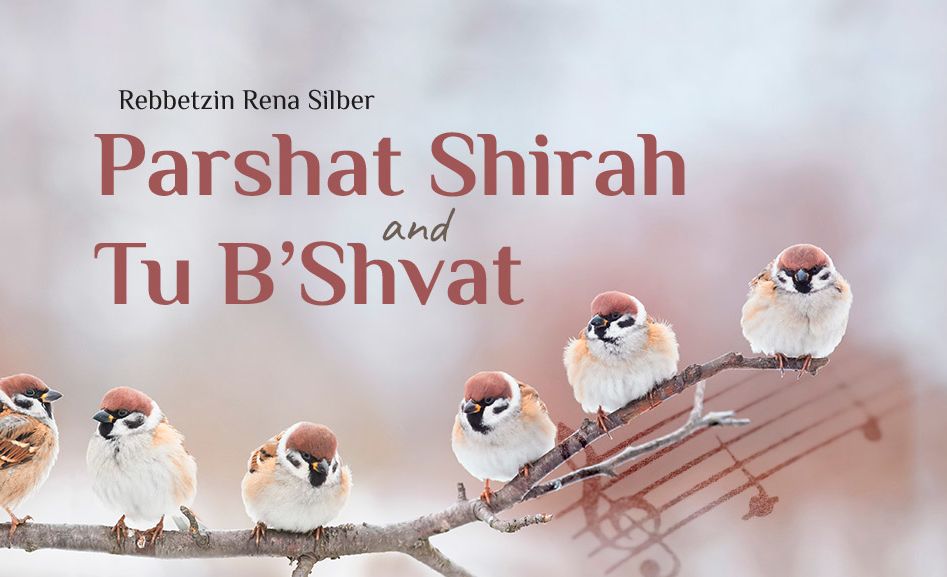
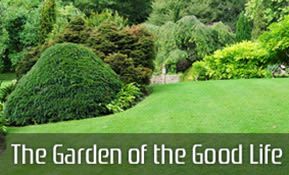
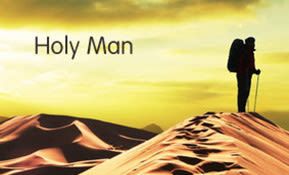
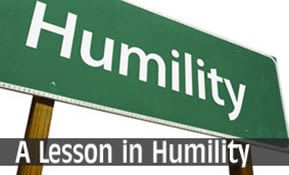
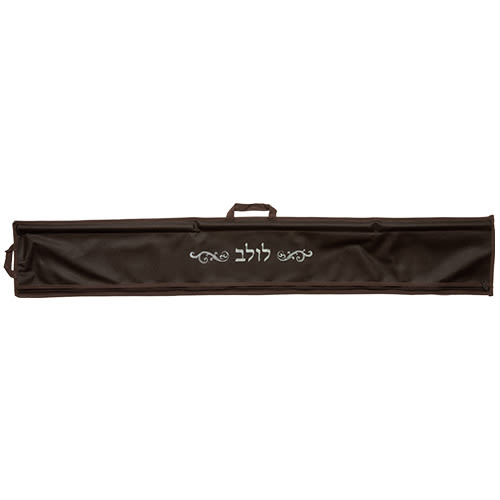
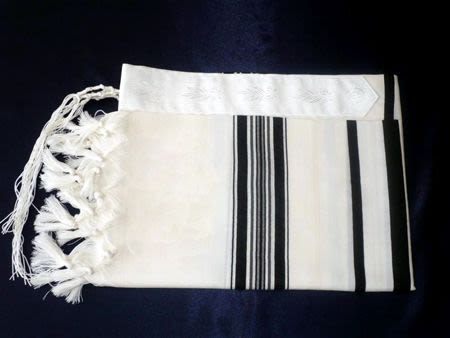
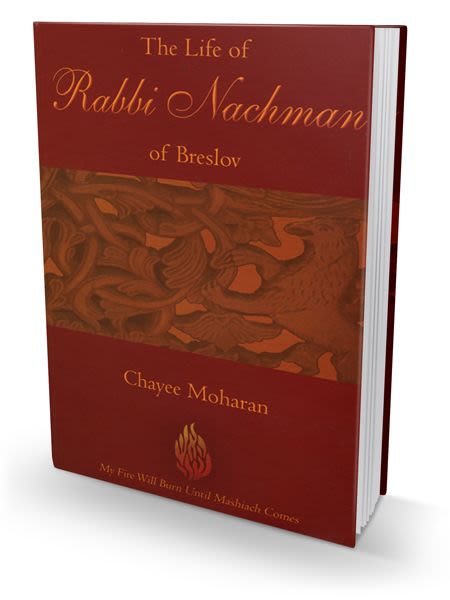



1/31/2011
source? what is the source on this ? "the great Torah scholars, who ranked the positive commandments of the Torah in order of their spiritual importance, determined that the commandment of “Choose life” is ranked number one. They taught us that this command has primary importance in the spiritual life of a Jew."
1/31/2011
what is the source on this ? "the great Torah scholars, who ranked the positive commandments of the Torah in order of their spiritual importance, determined that the commandment of “Choose life” is ranked number one. They taught us that this command has primary importance in the spiritual life of a Jew."